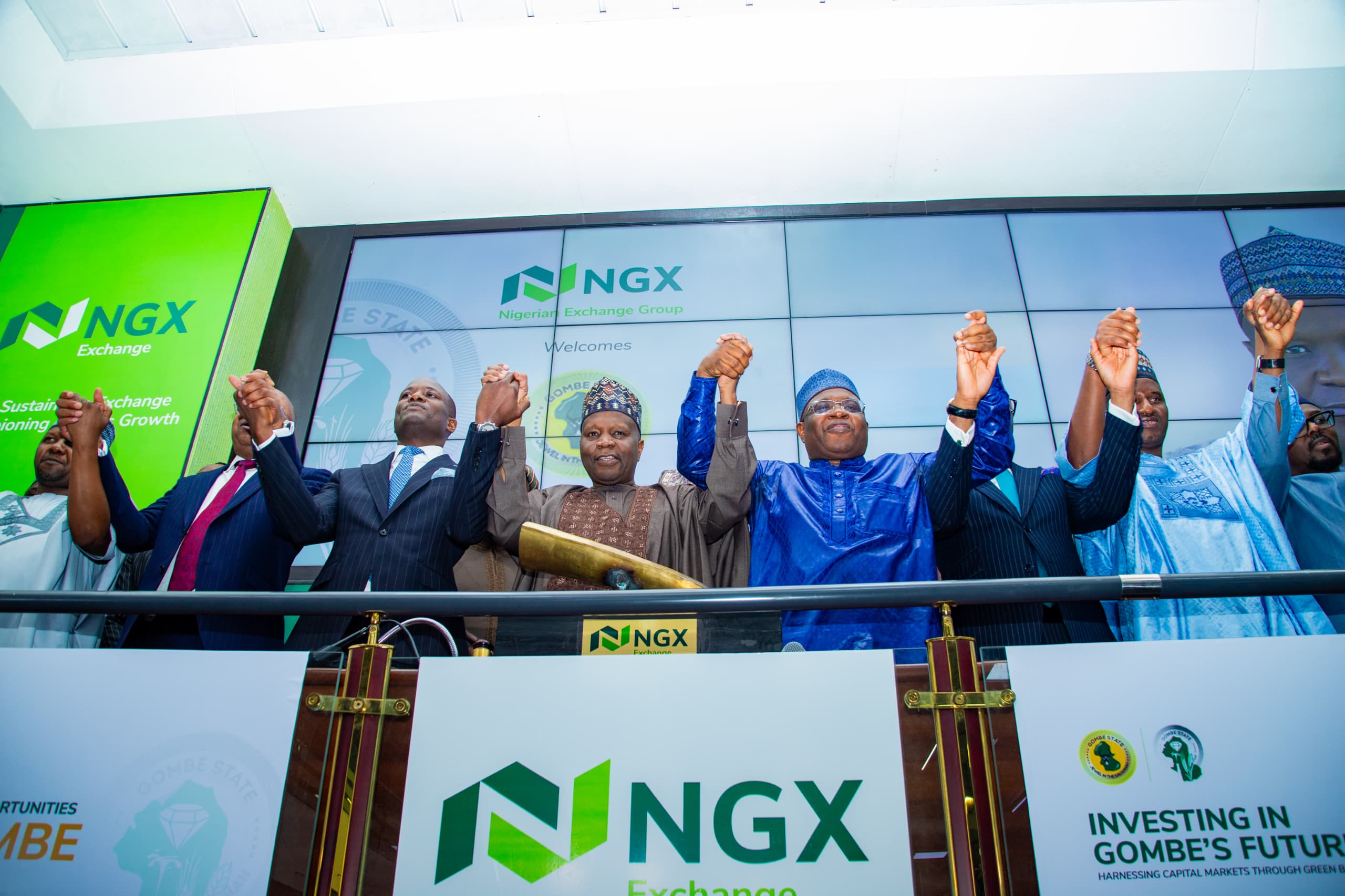Promoting Private Sector Investments at Sub-National Level through the Integrated National Financing Framework (INFF): Ongoing Pilot in Gombe State
February 15, 2024

Before the COVID-19 pandemic, it was estimated that Nigeria would require $10 billion per year to finance its sustainable development needs by 2030 - according to the Integrated Sustainable Development Goal (iSDG) model by the Federal Government of Nigeria and the United Nations Development Programme (UNDP). But due to the COVID-19 pandemic, the Sustainable Development Goals (SDGs) funding gap for Nigeria has increased due to challenges caused pandemic. These challenges include but are not limited to a fall in demand for oil which represents around 80% of Nigeria’s exports and government’s revenue; a decline in remittances and capital inflow to Nigeria; reduction in household income; inflationary and exchange rate pressures; as well as disruptions in value chains and production processes.
How can Nigeria finance its growing sustainable development needs?
Increasing public revenues and private sector financing flows is key to sustainably finance the SDGs. Particularly, the private sector has the potential to mobilise capital from a variety of sources that could be used to address many of the SDGs and advance Nigeria’s development. These potential sources of domestic private sector financing include individual firms/companies, financial institutions, institutional investors (pension funds), venture capitalists, angel investors, and wealthy individuals.
The private sector in partnership with the public sector can drive initiatives in key strategic growth sectors if they are provided with the right incentives, an enabling business environment, consistent policies, vibrant and functioning financial and capital market, strong human capital base, a flexible labour market, and effective and strong government institutions.
To ensure growth in key strategic sectors, a principle-based approach toward engagement with businesses and provision of support by public sector institutions is being adopted through the Integrated National Financing Framework (INFF) to overcome existing challenges to financing sustainable development. The INFF has set out sequenced action plans and strategies to finance national development plans, sector-level strategies, and policies, as well as to mobilise and align financing with national priorities. To implement the INFF action plans, UNDP in collaboration with INFF partner institutions –namely the Federal Ministry of Finance and the Coordinating Minister of the Economy, the Office of the Senior Special Assistant to the President on SDGs (OSSAP-SDGs), and the European Union (EU) Delegation in Nigeria – are collaborating with various government ministries, departments, agencies, and private sector stakeholders.
At the sub-national level, the INFF programme is also facilitating private sector investments and resource mobilization for sustainable development. In 2023, UNDP began collaboration with the government of Gombe State as one of the pilot states for investment promotion through the INFF. Within a year of this collaboration, UNDP and partners have provided support to the Gombe State Government, resulting in the following pivotal achievements:
Investment inflow of N14 billion (with 2,150 jobs expected to be created) from Outsourcing Global and Backbone Connectivity: The partnership between UNDP and Gombe State Government is providing support in stimulating private sector investment inflows into the state.
Establishment of Gombe State Investment Promotion Agency (GOSIPA): Through the INFF initiative, support was provided for the establishment of Gombe State Investment Promotion Agency (GOSIPA). The process involved enabling the drafting of legal and institutional framework for the establishment of GOSIPA; facilitating the passage of the investment promotion agency (IPA) law; conducting capacity building for relevant state ministries, departments and agencies; and engaging stakeholders through consultations.
Other ongoing investment facilitation efforts include:
Profiling and marketing sectoral investment opportunities in Gombe State: As part of the collaboration, a documentary is being produced to showcase the unique investment opportunities in Gombe State; while emphasizing the state's abundant natural resources, development of infrastructure, and success stories of existing investors.
Establishment of Public-Private Partnerships (PPPs) framework for concession of State-Owned Enterprises (SOEs): As part of this partnership, support is also being provided in developing a comprehensive PPP framework to facilitate private sector involvement in the management, operation, and investment of state-owned enterprises. By promoting effective PPPs, the Government of Gombe State aims to maximize the potential of state-owned enterprises and create an environment that encourages private sector participation for the mutual benefit of all stakeholders.
About Integrated National Financing Framework (INFF)
The Nigeria Integrated National Financing Framework (INFF) aims to support the Government of Nigeria in mobilizing greater amounts of private and public resources to finance its sustainable development goals in line with national priorities. The implementation of the INFF leverages both conventional and innovative financing mechanisms while tackling the barriers to public and private sector participation towards addressing financing needs for economic recovery. Within the Nigeria INFF, four main financing opportunities have been identified as potential sources for increased SDG financing: domestic public finance, domestic private finance, international public finance, and international private finance. To exploit each of these opportunities, specific action plans and initiatives have been developed for implementation.
The INFF is an initiative of the Federal Government of Nigeria whose Steering Committee is chaired by the Minister of Finance and Coordinating Minister of the Economy, with Secretarial support provided by the Office of the Senior Special Assistant to the President on SDGs (OSSAP-SDGs). Current funding partners include United Nations Development Programme (UNDP) and the European Union (EU) Delegation in Nigeria.
Global INFF resources: https://inff.org/
Nigeria INFF resource: https://www.undp.org/nigeria/publications/nigeria-integrated-national-financing-framework

 Locations
Locations






